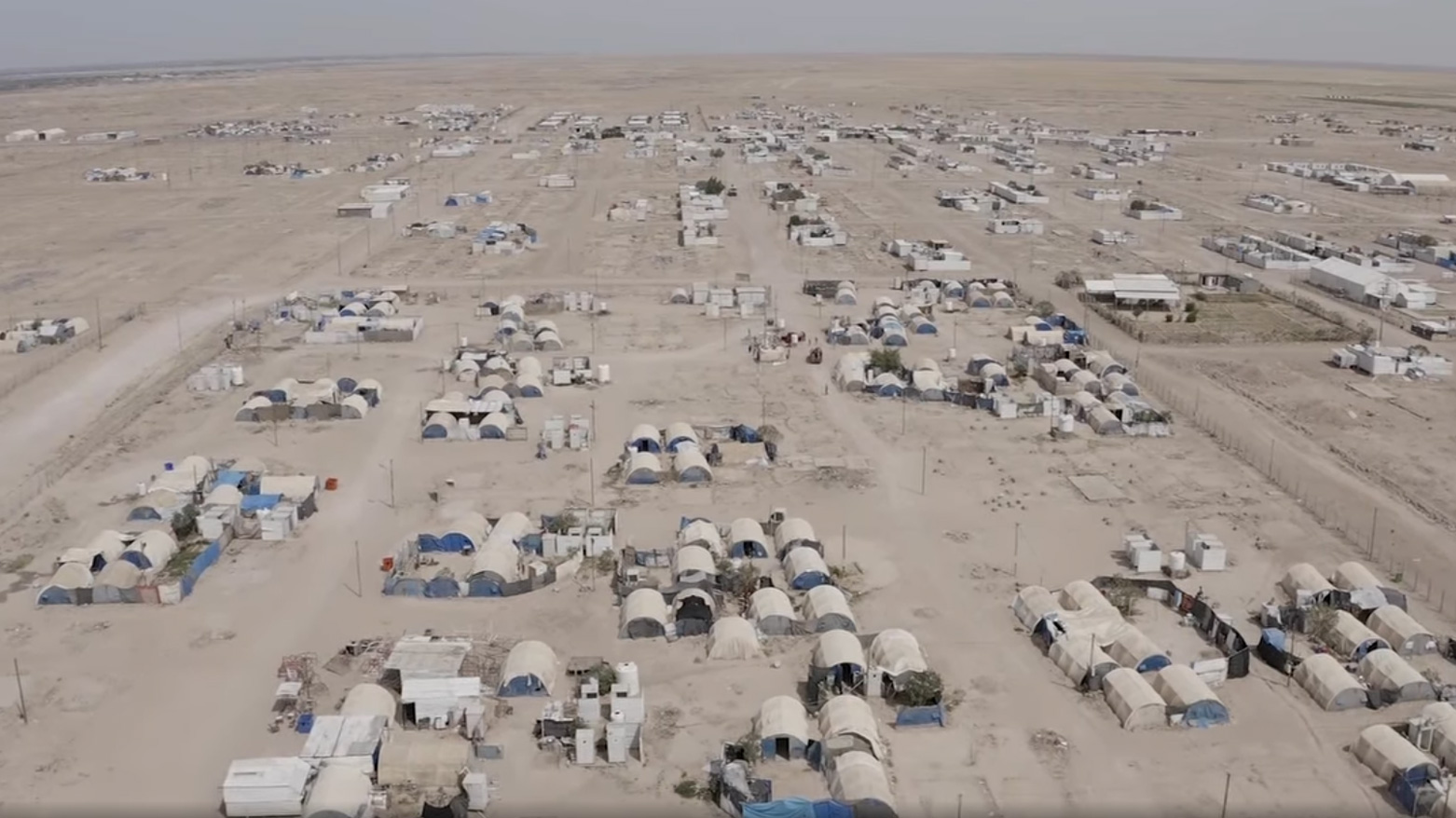No Return, No Relief, No Vote: Anbar’s Displaced Speak Out
"Those we elected never served us. All we got from them were words. They take our votes and offer us nothing in return. I call on all displaced people to boycott the elections—they’ve done nothing for us," a local told Kurdistan24.

By Kamaran Aziz
ERBIL (Kurdistan24) – For nearly a decade, hundreds of displaced families from Jurf al-Sakhar and Al-Awisat have endured life in limbo across camps scattered throughout Iraq’s Anbar province. Forced from their homes amid military offensives and the relentless churn of conflict, these families now face a crushing reality: years of neglect, unfulfilled government pledges, and a daily struggle for basic survival. With another election cycle looming, their message is blunt and unwavering—no more votes for empty promises.
In camps that more closely resemble ruins than shelters, frustration has hardened into fierce disillusionment. Abu Abdulrahman, a resident originally from Jurf al-Sakhar, voiced the growing anger among the displaced.
"Those we elected never served us. All we got from them were words. They take our votes and offer us nothing in return. I call on all displaced people to boycott the elections—they’ve done nothing for us," he told Kurdistan24.
The political disaffection is matched by an unrelenting humanitarian crisis. Families continue to grapple with the absence of clean drinking water, cooling systems, medical services, and basic infrastructure. Adnan Ibrahim, displaced from Al-Awisat, painted a bleak picture:
"The water is salty. We don’t have clean drinking water. Summer is coming and we need coolers, but no one cares."
Their plight is not just one of physical deprivation, but of emotional and political abandonment. Umm Mohammed, another displaced person from Jurf al-Sakhar, rejected electoral participation altogether:
"We won’t vote for any candidate. We have no one but God. We place our trust in Him. Just look around you—see it with your own eyes."
Beyond the dilapidated tents lies an entrenched barrier to return. Hundreds of families remain unable to go back to their homes, blocked by destroyed infrastructure, security restrictions, and a long-stalled compensation system. Promised payments for damaged or lost property have either been delayed or never materialized. For many, hope of return has all but vanished.
The simmering anger is increasingly shaping into a form of grassroots resistance. In these camps, the tents have become more than shelters—they are symbols of protest. They reflect a clear political message: a boycott of elections perceived as mechanisms for exploitation rather than change.
The discontent among displaced Iraqis in Anbar is not merely an electoral protest but a broader indictment of a political order that has failed to translate promises into protection or prosperity. As Iraq prepares for its next national vote, the continued marginalization of these communities threatens to deepen existing divides, erode public trust, and cast a long shadow over the legitimacy of the democratic process.
Kurdistan24 Correspondent Ahmed Naji from Anbar contributed to this report.
